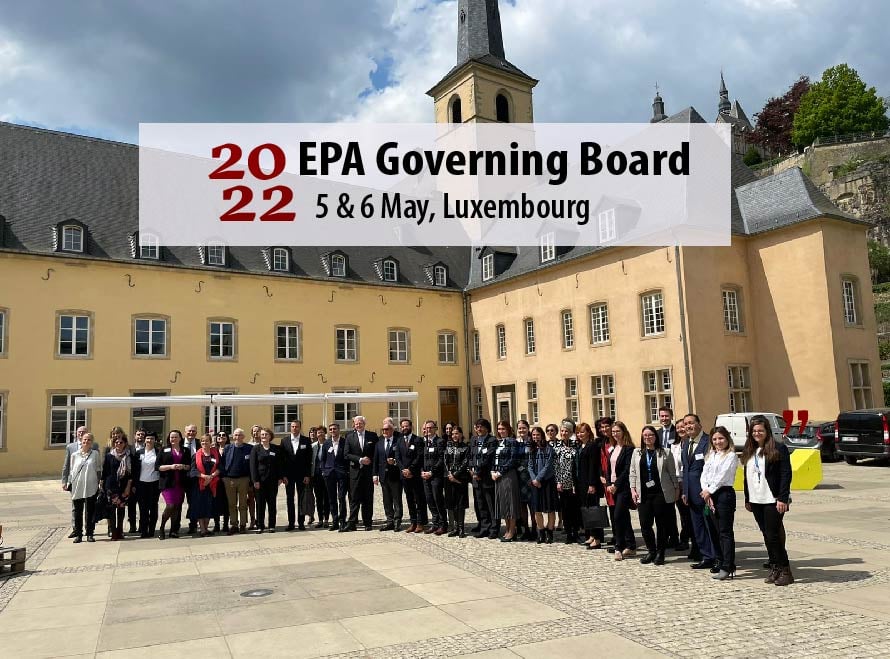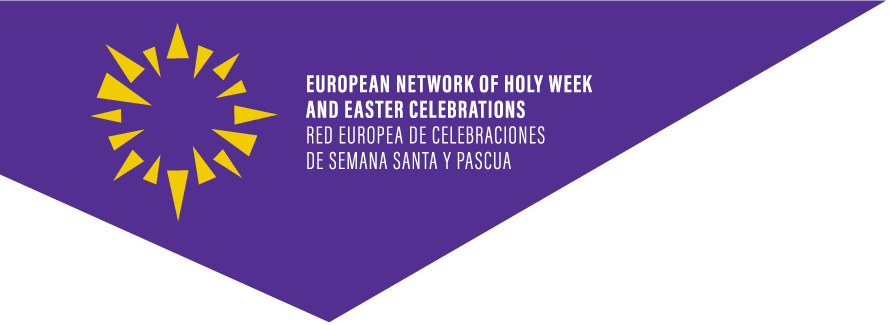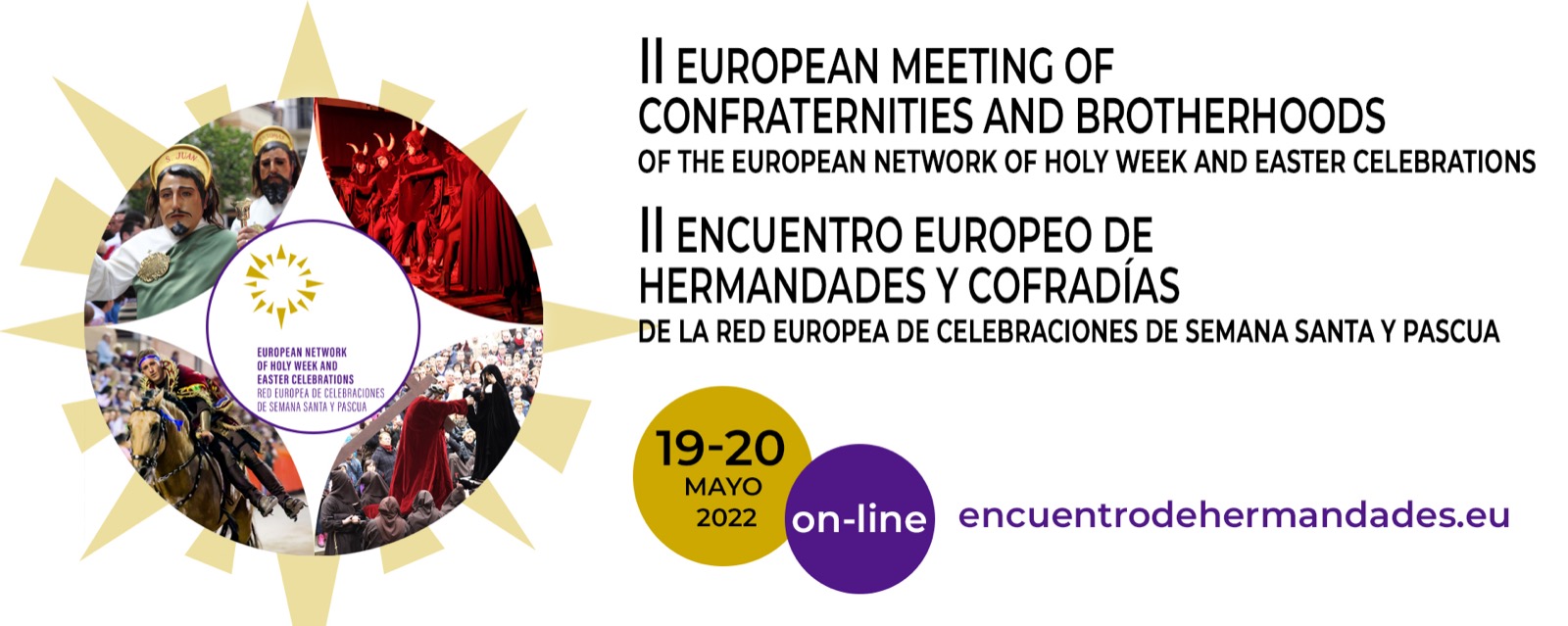
The European Network of Holy Week and Easter Celebrations presents its candidacy to the Council of Europe
- The presentation, lasting ten minutes, took place last week in Luxembourg after intense work carried out over the last three years
- In the coming weeks, the resolution will be known which, if positive, will allow the Network to position itself as a cultural attraction of recognized value throughout Europe
10.05.2022.- The European Network of Holy Week and Easter Celebrations has submitted to the Council of Europe its candidacy as an European Cultural Route. The presentation, lasting ten minutes, took place last week in Luxembourg after intense work carried out over the last three years. In the coming weeks, the resolution will be known which, if positive, will allow the Network to position itself as a cultural attraction of recognized value throughout Europe.
Launched by the Council of Europe in 1987, the European Cultural Routes are an invitation to travel and discover Europe’s rich and diverse heritage by uniting people and places in networks of shared history and heritage. They put into practice the values of the Council of Europe: human rights, cultural diversity, intercultural dialogue and mutual exchanges across borders.
More than 30 cultural itineraries of the Council of Europe offer a large number of leisure and educational activities for all citizens, being key resources for responsible tourism and sustainable development. They cover a wide range of topics, from architecture, landscape, religious influences, gastronomy, intangible heritage, major figures in European art, music and literature.
Thus, the certification as Cultural Route of the Council of Europe is a guarantee of excellence. The networks implement innovative activities and projects that belong to five priority fields of action: cooperation in research and development; enhancement of European memory, history and heritage; cultural and educational exchanges for young Europeans; contemporary cultural and artistic practice; cultural tourism and sustainable cultural development. Through its programme, the Council of Europe offers a model for transnational cultural and tourism management and enables synergies between national, regional and local authorities and a wide range of associations and socio-economic actors.
More about the European Network
The European Network of Holy Week and Easter celebrations was created in 2019 and includes the Federico II Italian Foundation, representing the municipalities of Palermo and Caltanissetta, in Sicily (Italy); the municipality of Birgu in Malta; the Commission for Lent and Holy Week Celebrations of Braga, in Portugal; the Representations of the Passion of Christ in Skofja Loka, Slovenia; the Spanish municipalities that are part of the Caminos de Pasión route: Alcalá la Real in Jaén, Baena, Cabra, Lucena, Priego de Córdoba and Puente Genil in Córdoba and Carmona, Écija Osuna and Utrera in Seville. Also within the Spanish geography we find Orihuela in Alicante; Lorca in Murcia and Viveiro in Lugo.
Its objective is to promote and disseminate cultural heritage, both material and immaterial, related to the celebrations of Holy Week and Easter through actions that value this heritage, promote sustainable tourism development around it and contribute to safeguard the intangible heritage through scientific work and research.



